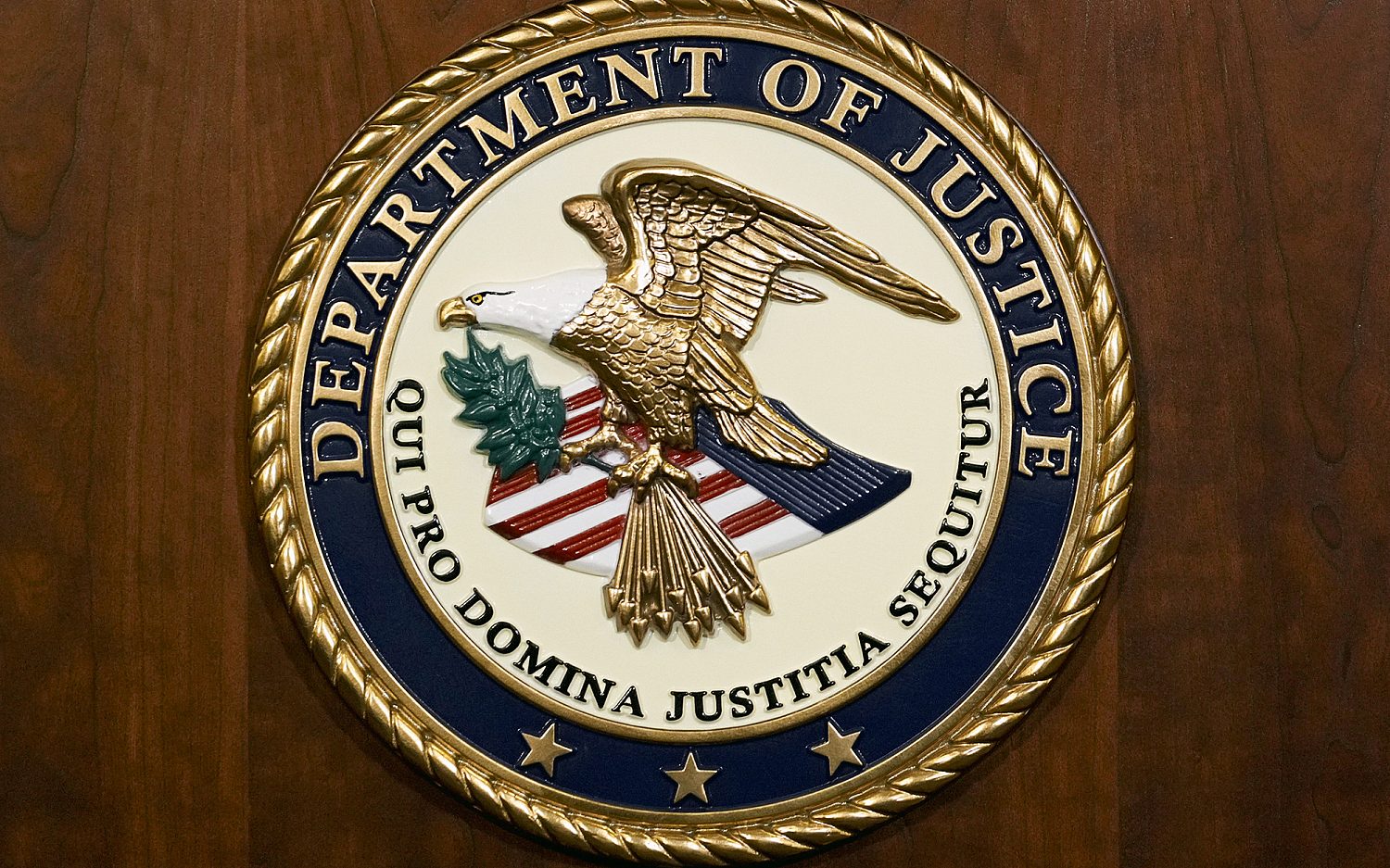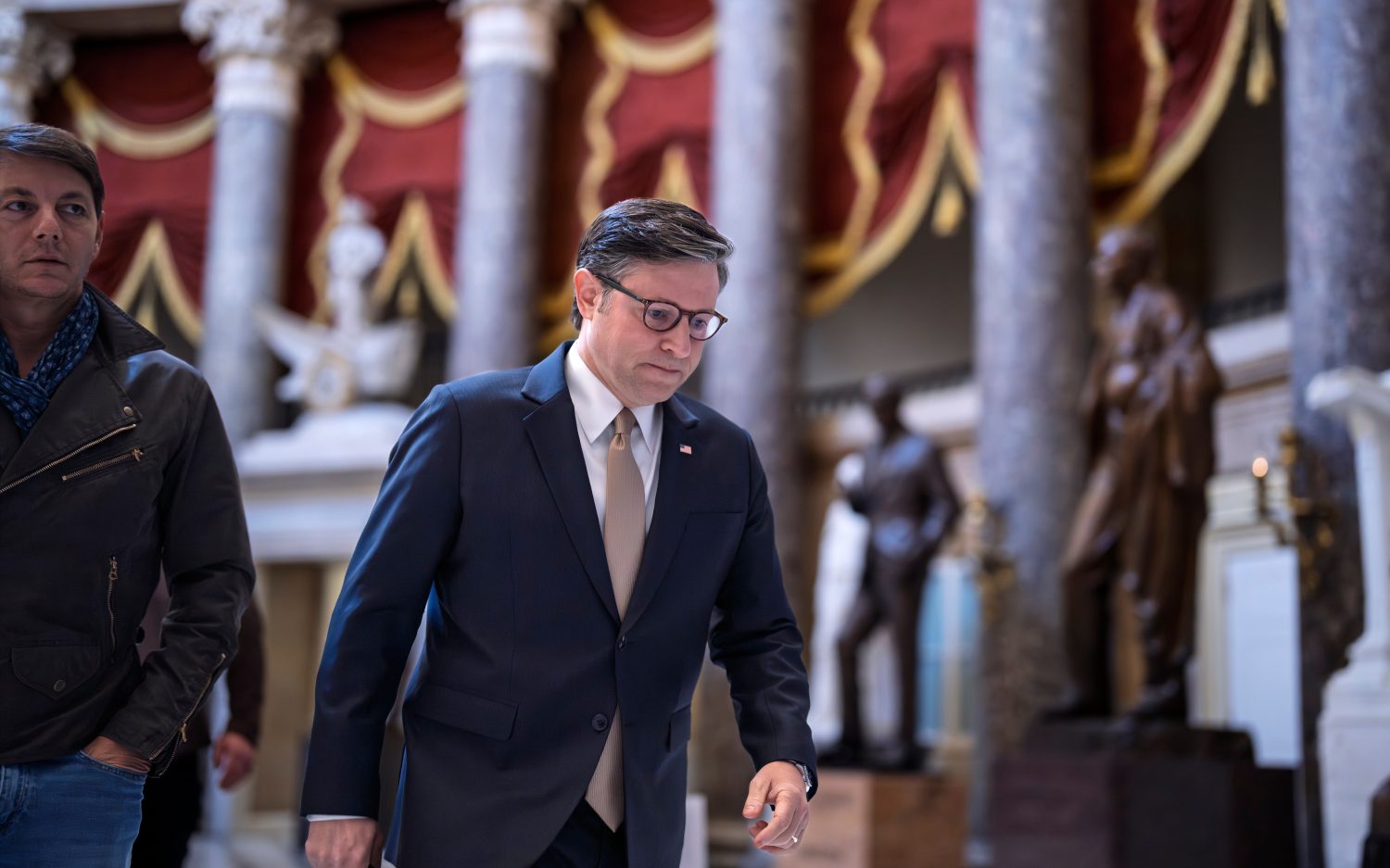Push to redefine gender plays out in public schools
In Gloucester County, Va., a 15-year-old wants the government to force schools to allow transgender students to use opposite-sex public restrooms. In Downey, Calif., the Department of Education ruled school officials must allow a student born male to use the girls bathroom, try out for women’s sports, and bring makeup to school. And in Bentonville, Ark., school board members voted not to add “sexual orientation” to the district’s discrimination policy, but said they would reconsider if the Supreme Court allows nationwide same-sex marriage.
Across the country, the movement to redefine gender is making its way through school districts, pushed along by the federal government and the private agendas of school board members.
“I think parents have a right to know what’s going on,” said Andrea Lafferty, president of the Traditional Values Coalition. “Most Christian kids are in public school, and parents need to know, if you’re going to keep your child in public school, this is what’s going on.”
For many school districts, gender identity became a priority issue after April 2014, when the Department of Education incorporated it into Title IX. That law dates back to the Civil Rights Act of 1964, when Congress said educational institutions and federal programs could not discriminate on the basis of gender. Last year, the Department of Education’s Office of Civil Rights (OCR) ruled Title IX protections cover discrimination on the basis of gender identity as well as biological sex.
The OCR has not given any official guidance to school districts in how to comply with its ruling. But it has investigated complaints of gender-identity discrimination, such as the one in Downey, Calif., and forced some schools to make changes as a result.
In Downey, the OCR investigated a complaint by a student who began wearing female clothing and going by a female name in fifth grade, according to a letter from the OCR. The complaint alleged teachers and administrators discriminated by not responding strongly enough to peer harassment and by disciplining the student for acting like a girl by doing things like bringing makeup to school. OCR required the district to accommodate the student and to hire a consultant “with expertise in child and adolescent gender identity” to train administrators in investigating discrimination complaints.
In its resolution agreement with Downey Unified School District, OCR states, “This letter is not a formal statement of OCR policy and should not be relied upon, cited, or construed as such.”
The OCR has not issued official guidance to schools on how to comply with Title IX as it relates to gender identity, but transgender advocates are pushing it to. Activist Emily Prince, has called the OCR’s interpretation of Title IX insufficient and petitioned the office to issue formal regulations about bathroom and locker room use in schools.
Despite the lack of a uniform federal regulation on gender identity in schools, school board members in Fairfax County, Va., said they were responding to mandates from the Obama administration when they added gender identity to the district’s discrimination policy.
“The Federal government is compelling us—their words—to implement this gender identity language. They’ve threatened that if we do not they will pull our federal education funds, free and reduced meal money for impoverished students,” Fairfax County School Board member Elizabeth Schultz said in May, according to the Washington Examiner.
But the history of the debate shows local political forces also played a role in getting the Fairfax County School Board (FCSB) to this point.
FCSB first attempted to revise its discrimination policy to include sexual orientation in 2002. In response, then-Virginia Attorney General Jerry Kilgore, a Republican, issued a memo saying the school board did not have authority to change its policy without enabling legislation from the state General Assembly.
The school board backed off making the change until November 2014, after same-sex marriage became legal in Virginia. Then, Democratic state Rep. Adam Ebbin, who is gay, asked the current, Democratic attorney general, Mark Herring—a staunch gay-marriage supporter—to take another look at Kilgore’s 2002 opinion. Herring reversed Kilgore’s ruling, saying school boards have the authority to add both sexual orientation and gender identity to their discrimination policies. The FCSB added gender identity to the policy at its May meeting.
“What’s happening in Fairfax is strategic,” said Lafferty, who lives in Fairfax County. Citing changes to bathroom policies, employment rules, and sex-education curricula across the country, Lafferty said now is the time for parents to pay close attention: “Gender confusion is coming from a number of places in this administration.”
An actual newsletter worth subscribing to instead of just a collection of links. —Adam
Sign up to receive The Sift email newsletter each weekday morning for the latest headlines from WORLD’s breaking news team.





Please wait while we load the latest comments...
Comments
Please register, subscribe, or log in to comment on this article.